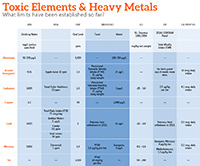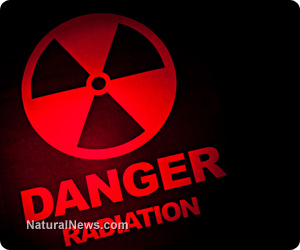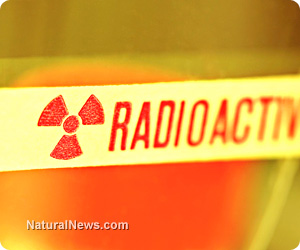

While naturally-occurring cesium (133) is not considered dangerous, the radioactive isotope Cesium-137 is the most dangerous element found in the aftermath of nuclear accidents and nuclear war.
Cesium-137 persists in the environment for 200 - 300 years, making soils unusable for agriculture.
Foods that tend to absorb natural cesium also have high affinity for absorbing radioactive cesium isotopes.

|
Toxic Elements & Heavy Metals Click here to see what limits have been established so far. |

|
Fukushima: Radioactive cesium levels jump 9,000 percent in just three days, nobody knows why
(NaturalNews) Some of the highest levels of ionizing radiation yet detected since the disaster first occurred were recently recorded at the Fukushima Daiichi nuclear power facility in Japan, according to shocking new reports. |

|
Fukushima fallout: Japanese company recalls powdered baby milk after detecting high levels of radioactive cesium
(NaturalNews) The disastrous effects of the Fukushima Daiichi nuclear catastrophe are still emerging nearly a year after the fact, as a popular Japanese baby formula company has now announced a massive recall of baby food tainted with radiation. |

|
Radioactive Medical Devices Could be Used to Make Dirty Bombs
(NaturalNews) The radioactive devices used in medical centers across the country could pose an attractive target for terrorists seeking to make dirty bombs, according to a report by a panel of the U.S. National Research council. |